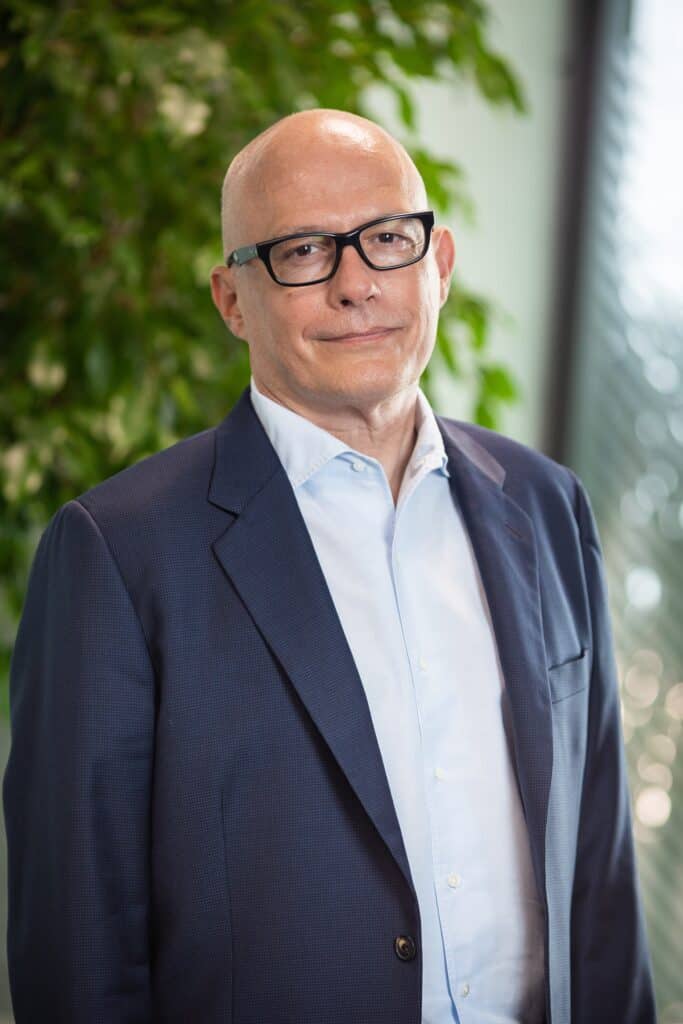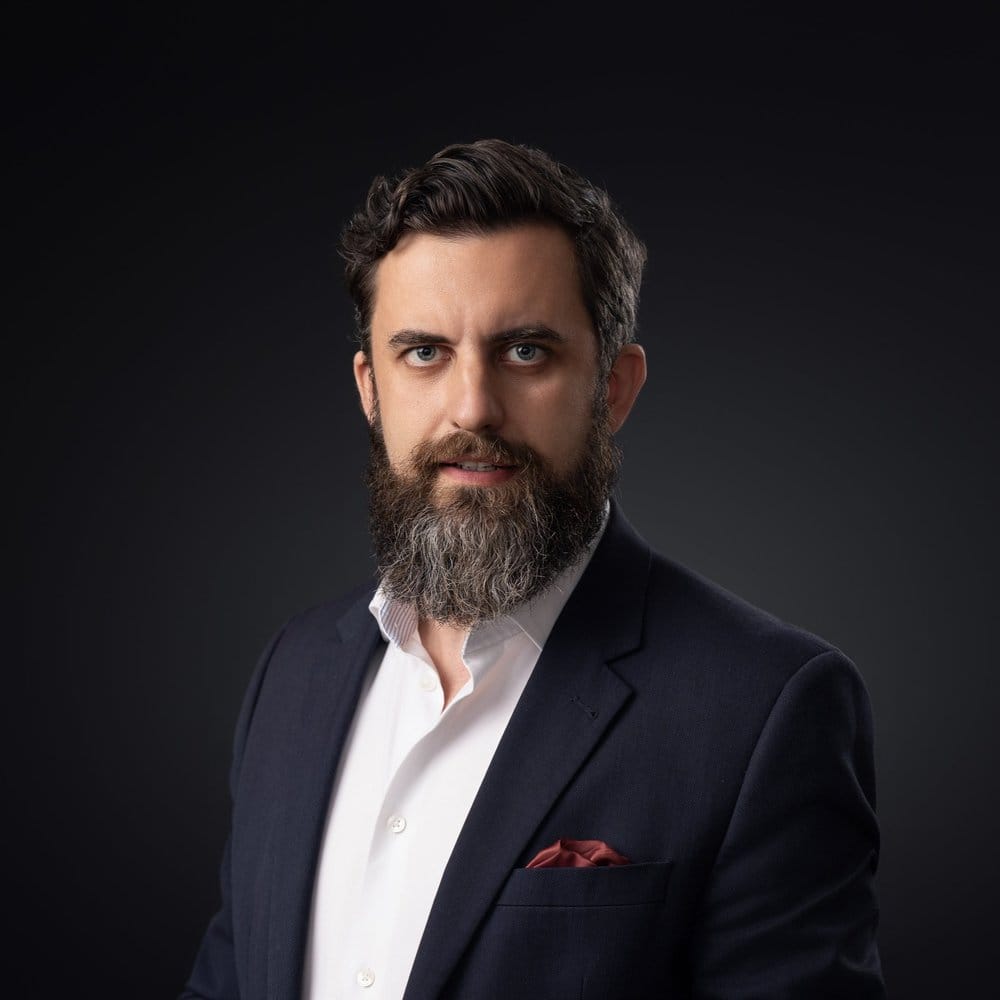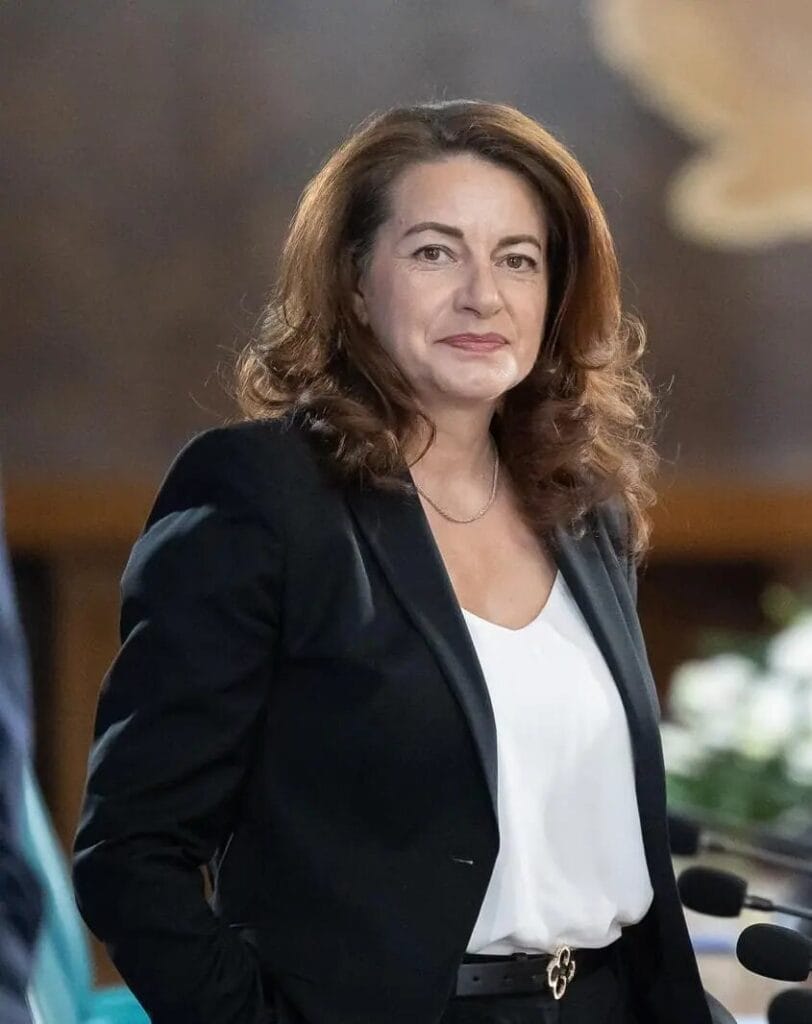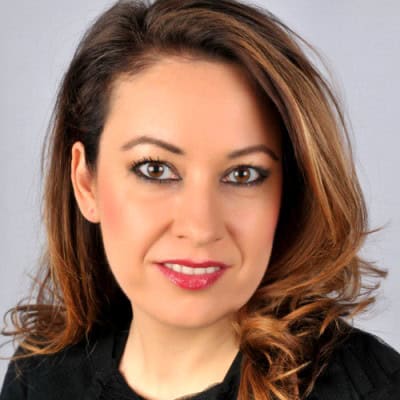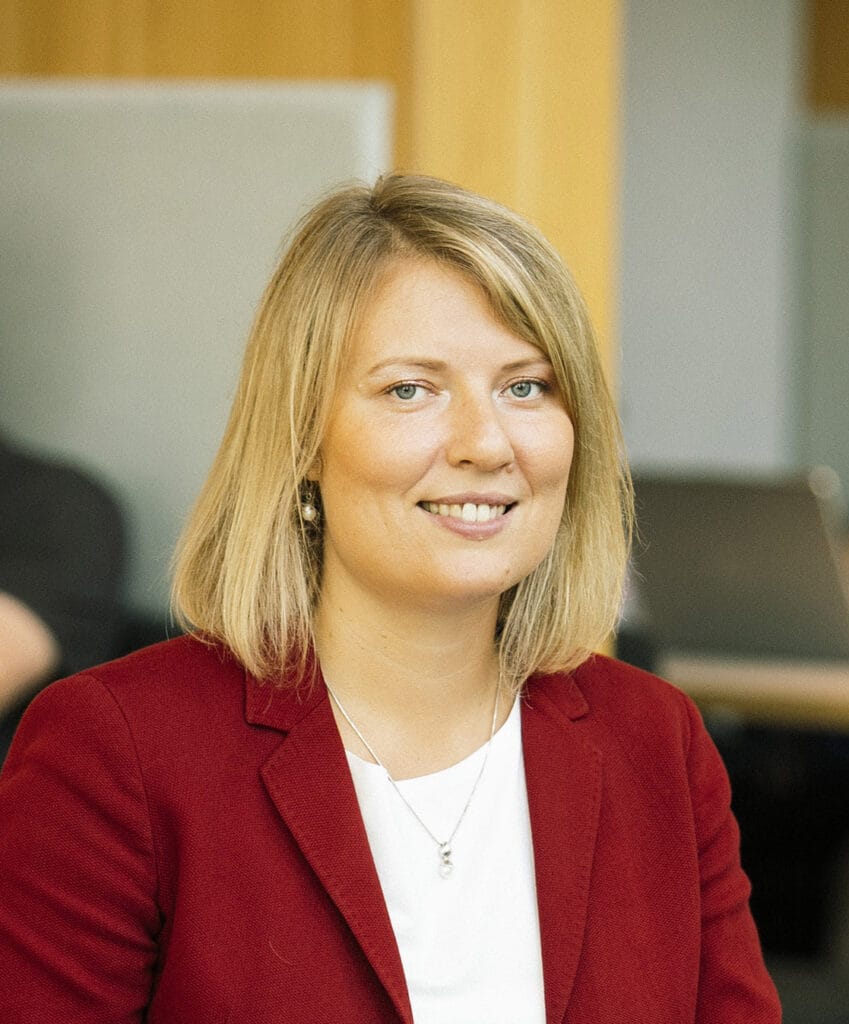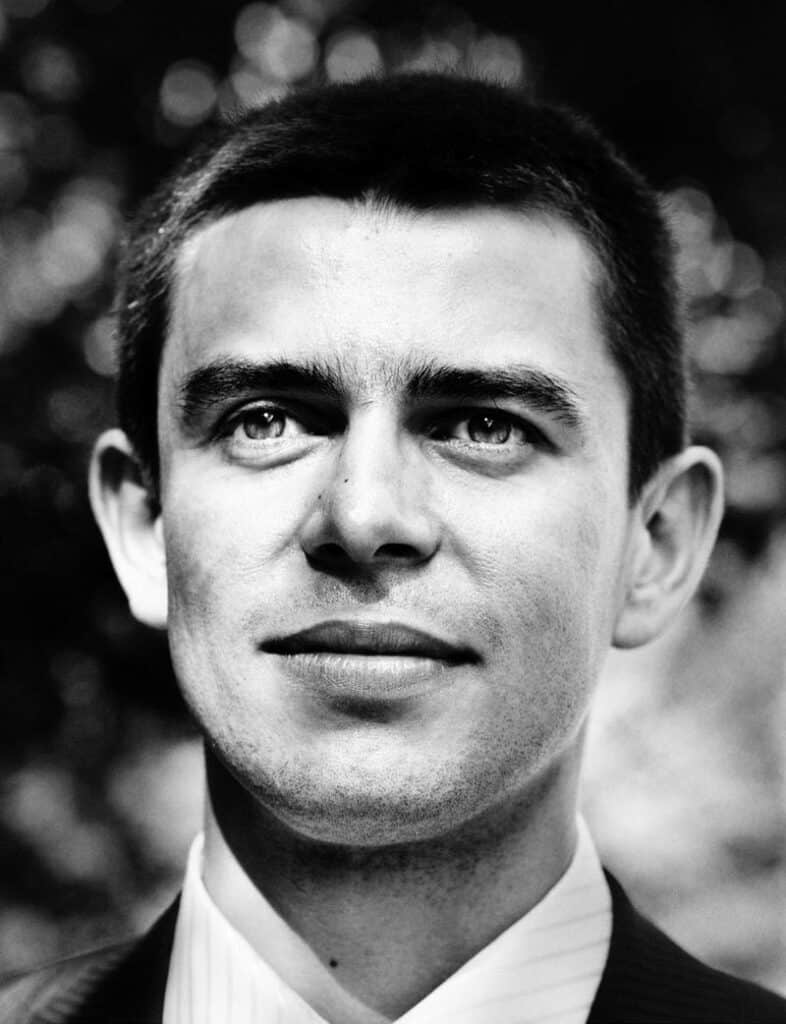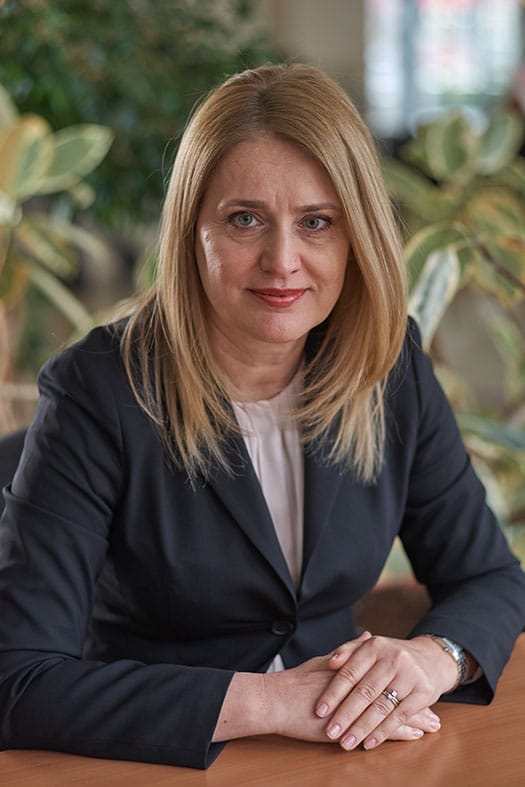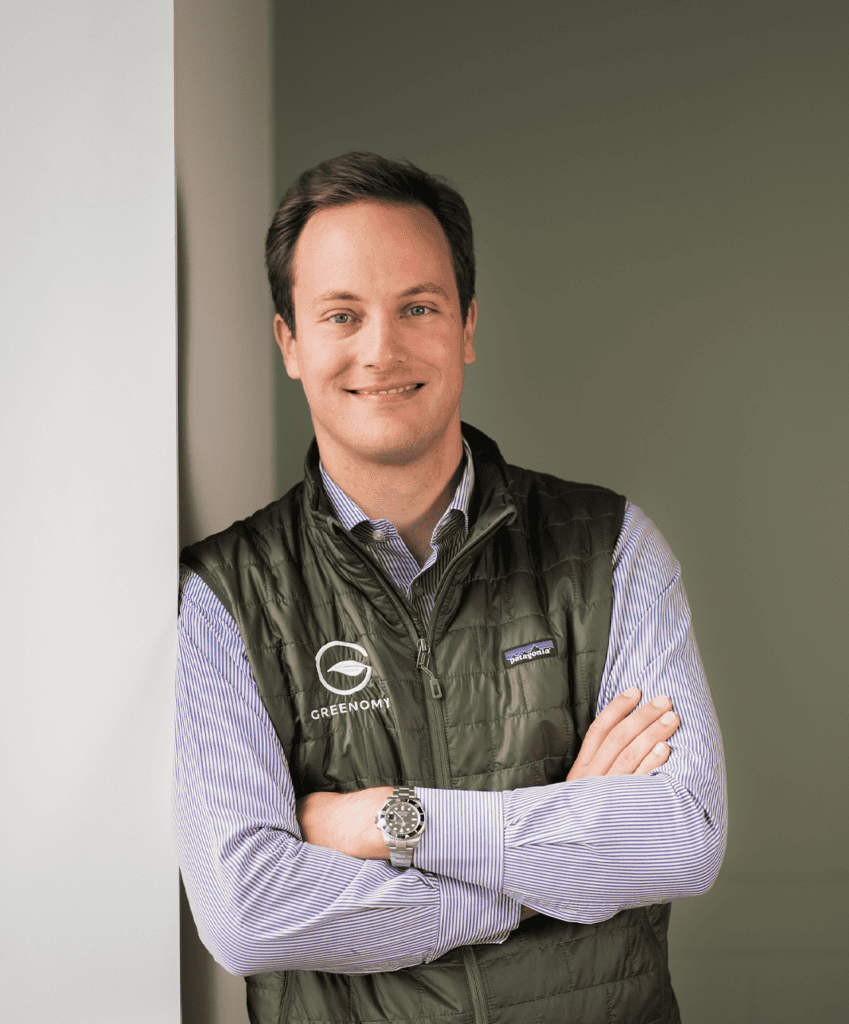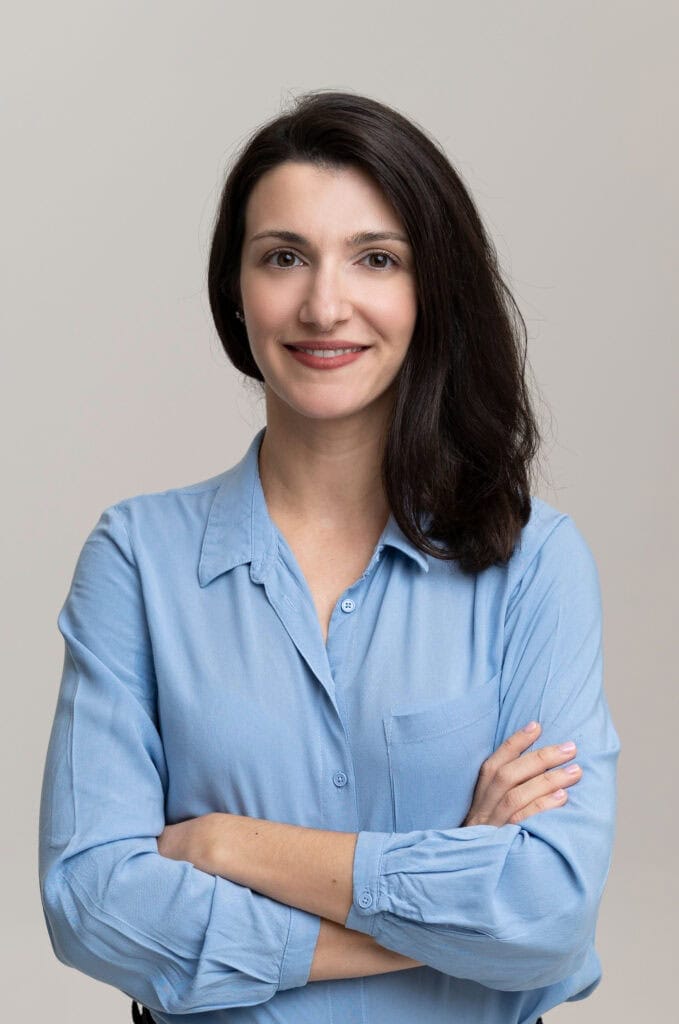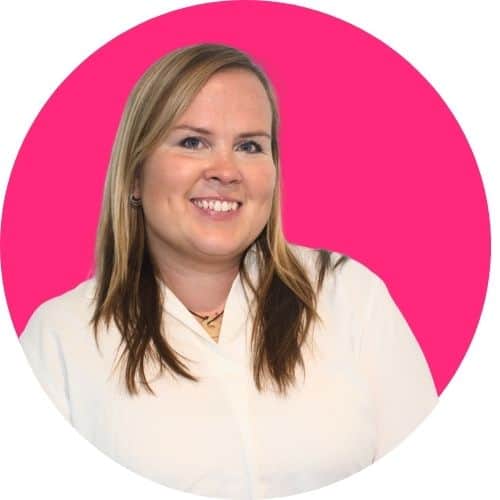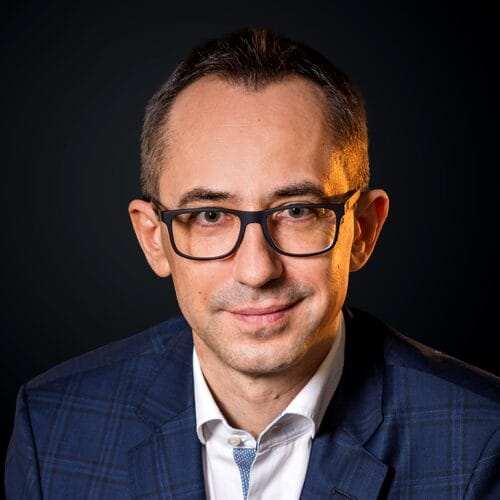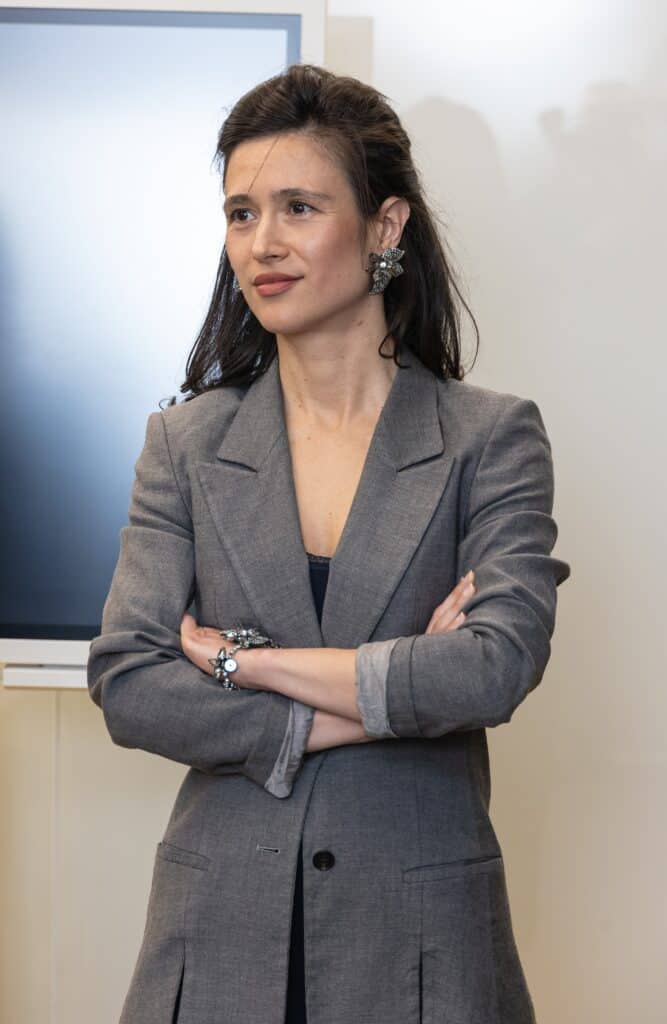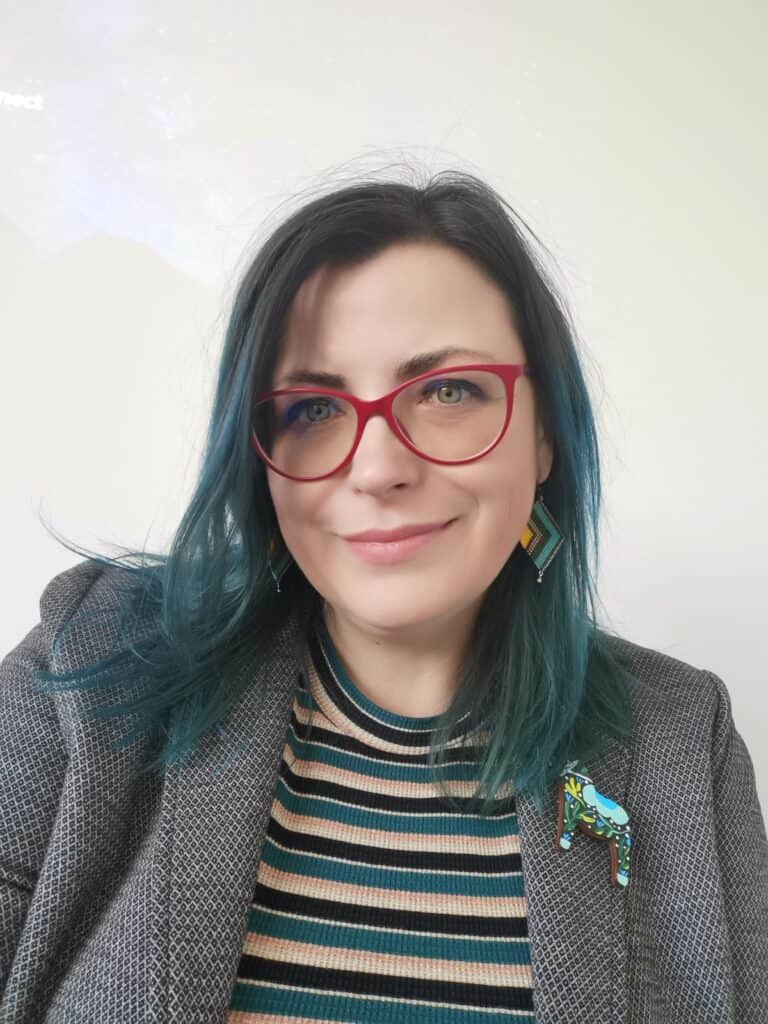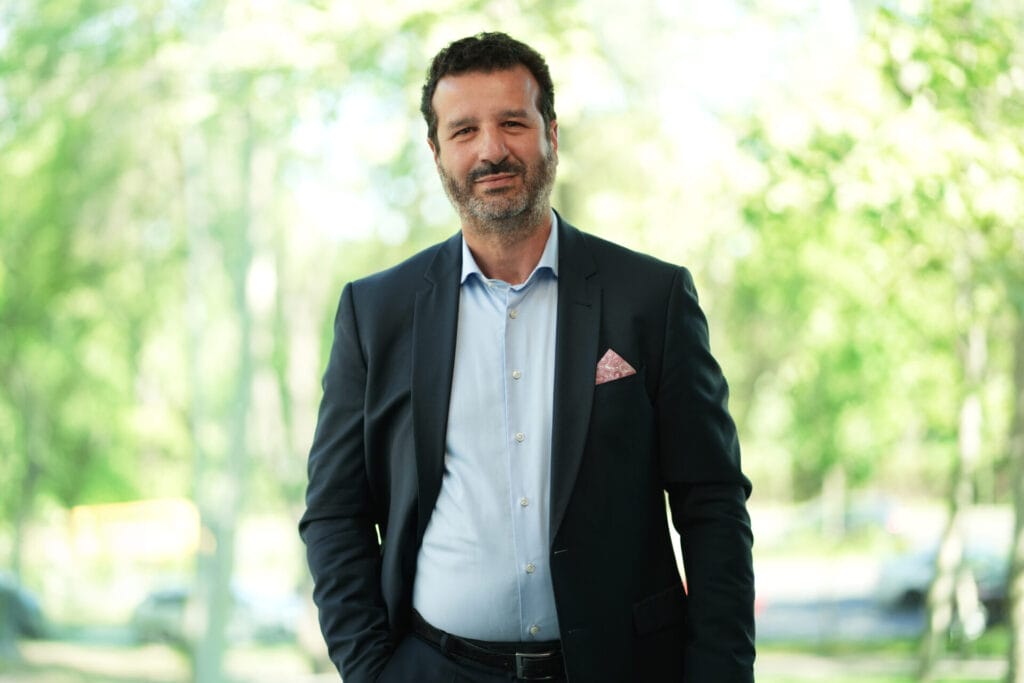
The world is hungry – not only for food, fiber and fuel, but for innovative solutions that restore natural resources, like soil and water, and help address climate change.
The world’s farmers need to grow 50% more by 2050 to feed, clothe and fuel the growing world. At Bayer, we believe feeding the world and restoring the planet can – and must – go hand in hand.
Increasing crop production and reversing global warming were once considered incompatible, but we now have solutions to do both. It’s time to make them available to more farms around the world.
That’s why at Bayer, we’re innovating together with a growing number of farmers and partners to advance regenerative agriculture as the way of the future – a future where farming produces more and restores more at the same time.
What is regenerative agriculture?

While there is no commonly agreed definition of regenerative agriculture, the term generally refers to farming principles or practices aimed at improving the overall environment with a strong focus on improving soil health and enhancing the ecosystem services provided by agricultural systems.
For Bayer, regenerative agriculture is an outcome-based production model. Improving soil health is a key part and often foundational to it, which leads to increased resilience. Other key aspects include mitigation of climate change through greenhouse gas emissions reductions and increased carbon removals, maintaining, preserving or restoring on-farm biodiversity, conserving water resources through improved water retention and decreases in water run-off, and improving the social and economic well-being of farmers and communities.
What are the benefits of regenerative agriculture?

Regenerative agriculture is not just a buzzword – it describes systems that have measurable outcomes in sustainability and productivity, including:
• Yield increase and improved productivity
• Enhanced social and economic well-being of farmers and communities
• Improved soil health
• Mitigation of climate change
• Conservation of Water
What does Bayer offer for Regenerative Agriculture systems?
Since no one size fits all, the only way to attain these outcomes is by matching the right mix of solutions to the specific conditions of each farm. In practice, this means establishing a tailored farming operation – an entire system – that combines different solutions to boost agricultural yields and incomes while also providing measurable environmental benefits. In addition to productivity gains, this approach offers farmers the potential for new revenue streams by rewarding them for their climate and ecosystem contributions – and promotes the development of a market for such value-adding services.
We believe that Bayer has a competitive advantage in regenerative agriculture because, along with our agronomic expertise, we have all the scientific innovation platforms needed for such a holistic approach under one roof – with innovations in plant breeding, crop protection and digital technology. Compared to our peers and competitors, we are therefore uniquely positioned to provide farmers with an entire system of solutions as part of our offering, and to bring this to scale with our global reach, local presence and strong partnerships.
Today, we already offer farmers rotational cropping systems for selected crops around the world. We have innovations in our portfolio that, when combined and delivered as a system, have enormous potential to shape the regenerative future of agriculture. Broadly speaking, they fall into the following five categories:
- Crops and cropping systems: short stature corn, hybrid wheat, direct seeded rice, new cover crops
- Seeds and traits technologies: next gen breeding, biotechnology
- Sustainable crop protection: new chemical profiles, biologicals
- New fertilizers: nitrogen fixation
- Innovations in carbon farming, data and digital solutions, backed up by our agronomic expertise
Curated by Bayer.


